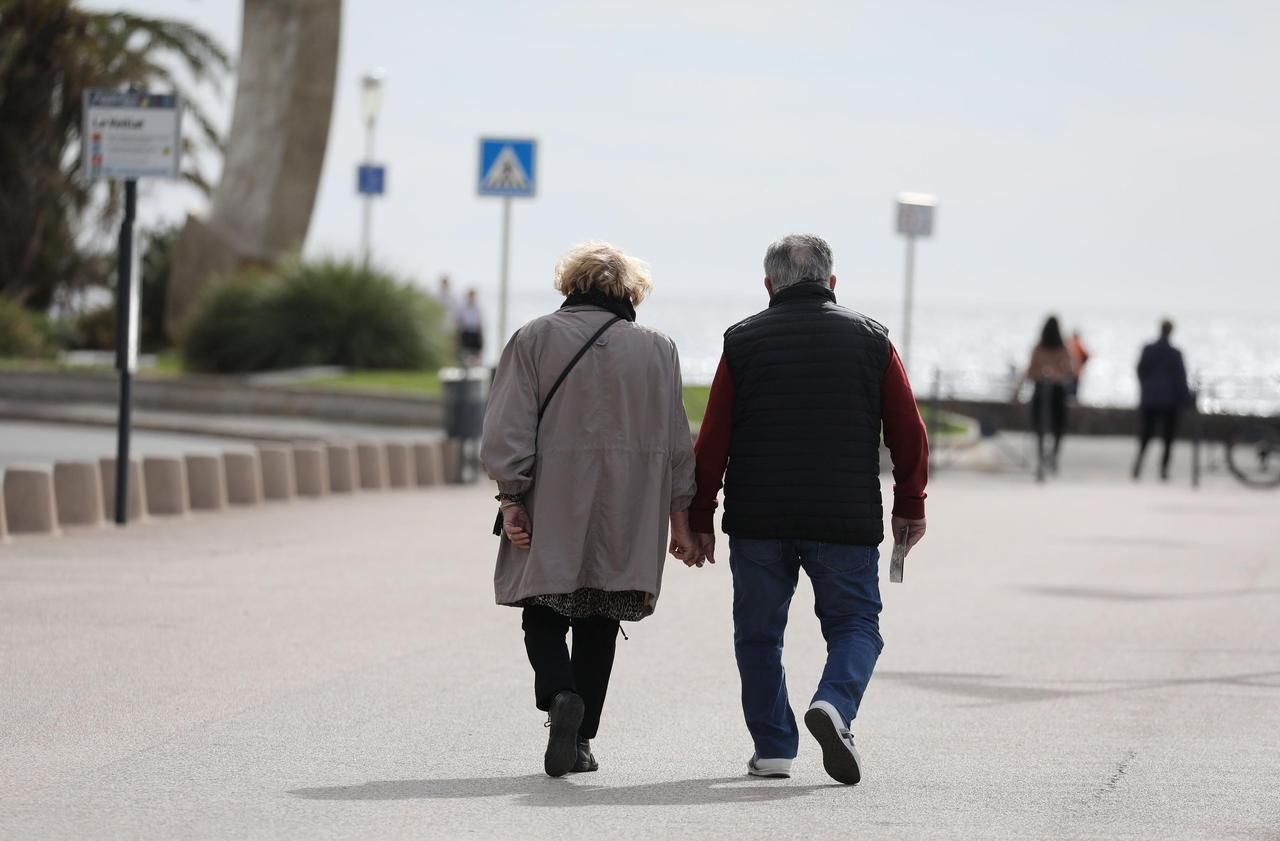The president of the Scientific Council Jean-François Delfraissy and four other members threw a paving stone in the pond, by pleading this Thursday for “a self-isolation according to a criterion of fragility”, in an article published in the scientific journal of reference “The Lancet ”.
The introduction of coercive age-related rules is regularly ruled out by the executive.
The government spokesman again judged this Friday this proposal "very complicated" to implement, recalling that the elderly and fragile were "already the most confined".
“They've reduced their interactions, for the most part.
Sometimes they have not seen their children, their grandchildren for a year, ”added Gabriel Attal.
"We are great"
“In fact, there is a lot of self-security, observes Alain Laforêt, member of the office of the National Federation of Retired Associations (Fnar).
We don't do any face-to-face meetings anymore and, on a personal level, I am very careful, like most people I know.
At our age, we know that if there is a problem, there is a good chance that it will result in a difficult end.
But it's me who decides.
It tires me when we are told:
You, the over 75s, you have to do this or that
.
We are grown up.
"
The balance is difficult to find, as explains Françoise Fromageau, geriatrician in Brittany and president of the Monalisa association which fights against the isolation of the elderly: “We are humans, we must continue to meet people.
The Covid crisis has shown that the elderly are able to use the digital tool, with the motivation in particular of seeing their grandchildren.
As with the youngest, some have the capacity to confine themselves because they like to read a book, have an intense interior life ... Others have such a need for links that they can decompensate.
The persistence of the crisis has highlighted the vulnerability of some elderly people.
"
READ ALSO>
Childcare and Covid: grandparents intend to play their role
Alain Villez, president of the Little Brothers of the Poor, supports this observation by describing the many requests on the “Solitud'écoute” line intended for over 50s: “The number of calls more than doubled during the first confinement and the trend has since continued.
Self-isolation is a matter of the person's choice, on condition that it is not part of a pathological anxiety.
The most important thing is maintaining social ties, with visiting families, relatives, neighbors who come to shop, because a digital divide persists.
Outbursts of solidarity were created.
We must insist on the choice of the person.
We see what non-negotiable confinement can generate in a context of fear and anxiety.
"
"The vaccine is a visa for freedom"
The double-locked nursing homes had illustrated this setting aside of the most fragile, denounced sometimes in a moving way by personalities such as Elie Semoun or François Hollande.
"We must distinguish this population from those who have the opportunity to take a walk in the garden and have contacts, recommends Georges Arbuz, doctor in anthropology, author of
The advance in age in the 21st century
(Editions L'Harmattan) .
The Scientific Council and the government took steps that seemed to make sense by canceling tours and locking people into their rooms to prevent them from becoming infected.
This poses a major ethical problem.
These people died all alone in their rooms.
In our society, we have someone next to us when we are born and to end our days requires a presence, if possible that of those close to us.
We cannot rely solely on medical criteria to manage existence.
"
However, it is from medicine that hope is born.
“The vaccine is a visa for freedom,” says Dr. Fromageau.
It gives the possibility of reinvesting the public, private and friendly space, while maintaining barrier gestures.
“A hope illustrated by the very strong demand for vaccination among those over 75 and by a membership rate of over 80% in nursing homes where the campaign is nearing completion.

